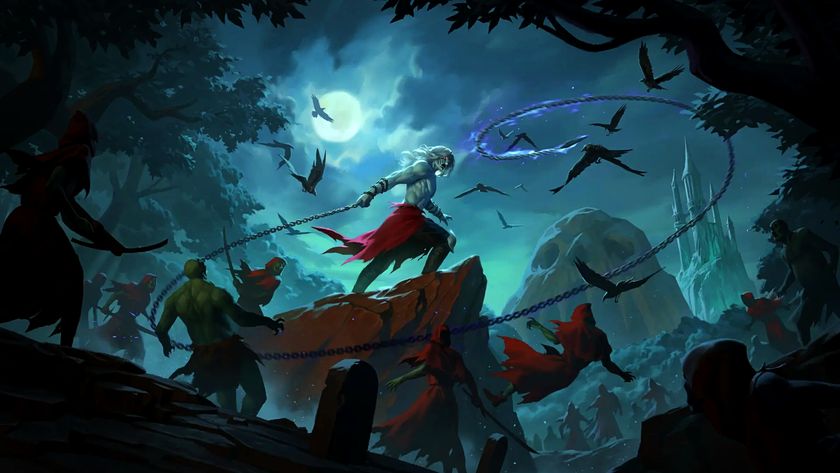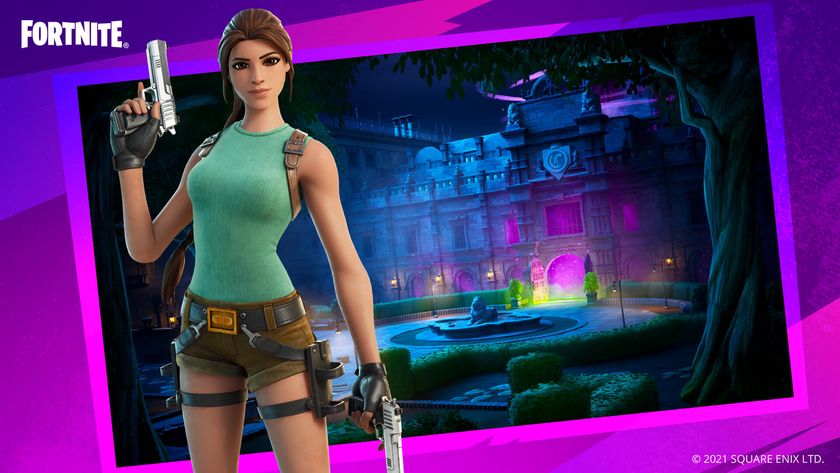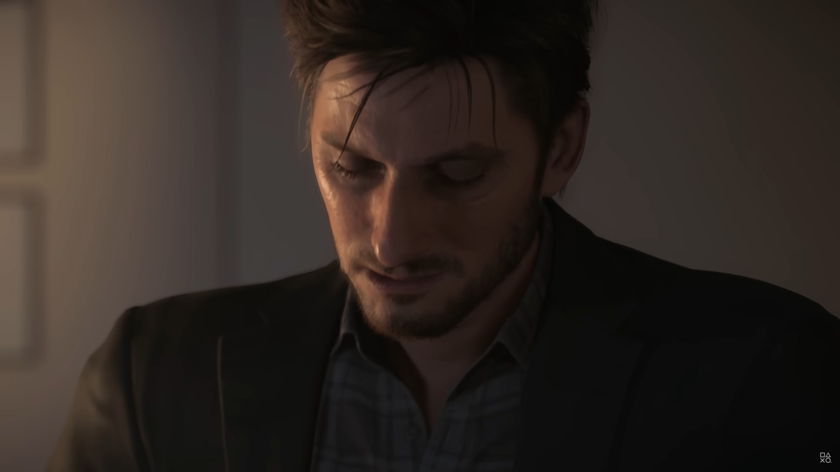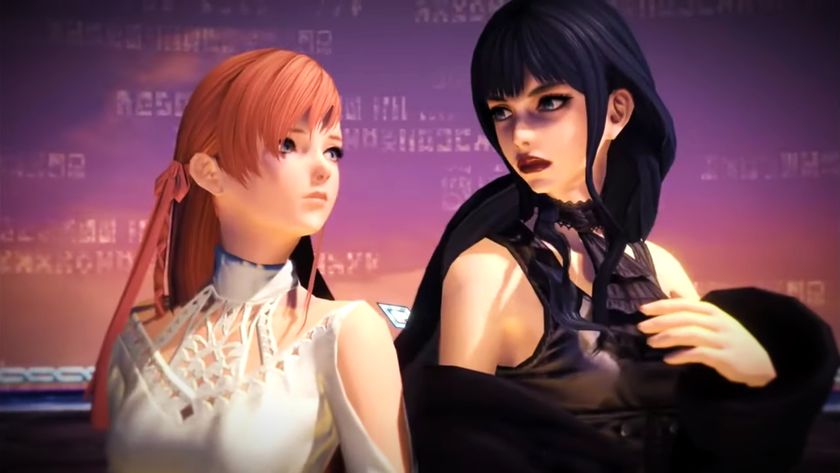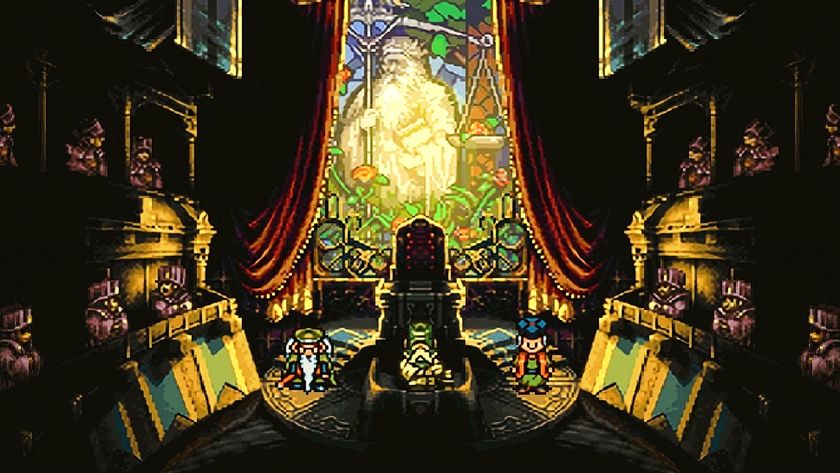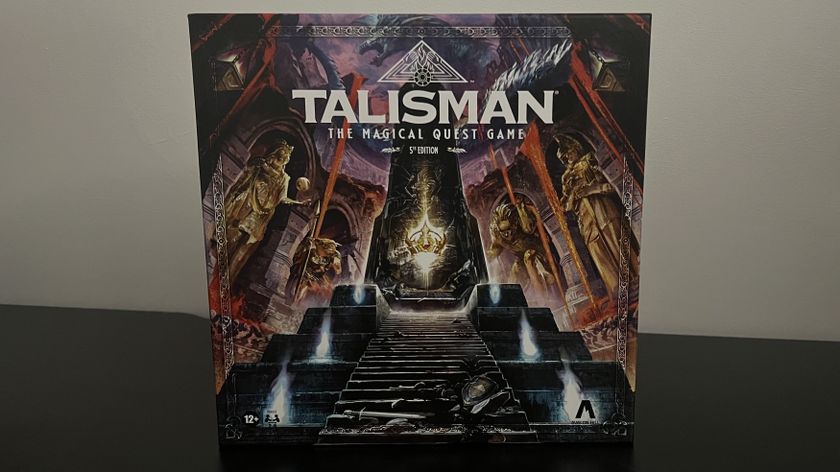At what point has a console REALLY failed?
Failure is a lot harder than you think
Earlier today, we posted our ranging look at the history of failed gaming consoles. Perhaps, though, that was a bit premature. After all, before we look back at what fails, shouldn't we first answer the question: What defines a console as a failure? The pejorative has been applied to a host of machines over the last thirty years, but it seems to me that the criteria used to determine the classification are often vague, subjective and more than a little driven by the internet bandwagon rather than anything approaching real-world sense-talk.
Is it about sales figures? Not really, it seems. Take the PSP for example. Pre-Vita it was handheld gaming's favourite whipping boy, long lambasted for its ‘failure’ in the face of the DS’ rampant charge to retail victory. Yet in reality, Sony sold 76.3 million of the buggers. Depending on where you source your numbers from, that’s either slightly above or below what the PS3 has sold to date. So why is it still mocked by so many?
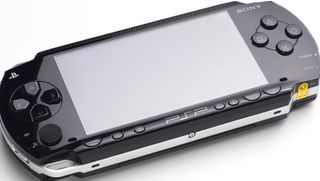
Software support would probably be the answer. After a strong start packed with the promise–and for the most part the delivery–of PS2-quality games and Hollywood movies in your pocket, third-party support slowly but steadily petered out until the console became the recipient of far more “dust collector” jokes than shiny discs of new content. By that point though, the twin assets of a decent, cheap back-catalogue and thriving homebrew/hacking scene ensured that the unit itself kept trundling out of shops in healthy numbers.
It seems increasingly clear then, at least amongst the gaming community, that the perceived success or failure of a console is often a subjective, cultural matter rather than one of cold, hard sales figures. Combine a few internet Chinese whispers of marketing mis-steps and sales stumbles, allow the opposing fanboy factions to pick and choose the bits they want to dwell upon, multiply by the cultural importance of the machine in question to any given individual, and suddenly you have the perceived success of a console.
Take the Gamecube as a perfect example. Its modest sales of 22 million in the face of the PS2’s all-conquering 155 million often see it cited as the big loser of its generation and the reason for Nintendo’s subsequent change of direction with the Wii, as Microsoft’s then-fledgling Xbox stepped in to sweep up a huge proportion of Ninty’s once-secure hardcore market. But that’s only half-true. In actual fact the Xbox only sold two million more than Nintendo’s little purple box ‘o fun. The Xbox had wider support from third-parties catering to the hardcore space, but the GC had some of the strongest exclusives of its era.
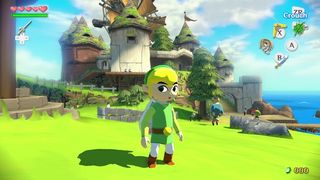
Resident Evil 4. Metroid Prime. Rogue Leader. F-Zero GX. Wave Race: Blue Storm. The Legend of Zelda: Wind Waker. Eternal Darkness. Metal Gear Solid: The Twin Snakes. Luigi's Mansion. Paper Mario. Pikmin. Super Mario Sunshine. Viewtiful Joe. Not all of them remained exclusive, and the majority are first-party games, but they still added up to make the GC one hell of a good console. It feels to me—as it felt at the time—that the Gamecube’s third-place standing was exaggerated greatly by the gaming community at large. By that point it was just becoming less cool to openly like Nintendo.
Following the troubles that the Nintendo 64 suffered as a result of using cartridges rather than CDs, Gamecube-era Nintendo was starting to look a little out of step with the industry. And while the GC arguably didn’t compete with its generation-six rivals on their own terms, it made a good showing on its own. Ditto the much-maligned Wii. It failed to maintain the interest of the hardcore market, it was certainly a software sales failure for vast majority of third-party publishers, but was it a failure as an overall venture? 100 million sales say “No”.
Sign up to the 12DOVE Newsletter
Weekly digests, tales from the communities you love, and more
And I think that’s the crux of the point I’m making here. If a console flat-out fails to sell, sinks its company, and/or neglects to provide any kind of a worthwhile software library, then yes, it’s a failure. But those are pretty extreme criteria. How many consoles of the last few generations really pass the test? The Saturn? The Dreamcast? The Gizmondo? Hell, the DC arguably failed as much as a result of Sega’s problems with its predecessor as it did as a result of its own issues, and if you look hard enough you can still find a dedicated fan community putting out games for it today. A small silver lining perhaps, but definitely proof that the Dreamcast succeeded on a cultural level even if not a financial one.
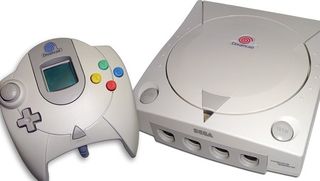
Of course, the Wii U inspired my thinking behind this article. As of right now it’s understandably garnering a boatload of doom-talk. Its sales are less than stellar and its software line-up is solid but hardly must-have material. Third-party support is already dropping now that we’re out of the launch window, and the price of its soon-to-be last-gen tech is certainly an issue as its touchscreen controller becomes less of a unique draw in the face of its upcoming rivals’ equivalent solutions. But will it fail? Will it really, in light of what I've been discussing here today?
It’s too early to be sure right now. But just do me a favour when you’re pondering that question over the next few months. However the Wii U improves or doesn’t, don’t take the easy approach of comparing it to things that it’s not in order to have a cheap jibe. Don’t cite the non-appearance of Battlefield 4 or Destiny while ignoring the quality of whatever first-party offerings turn up in their stead. Don’t ignore Bayonetta 2 just because it’s not on the PS4. Don’t assume that Donkey Kong Country, Zelda, Pikmin and Mario aren't worthwhile just because they’re not sitting side-by-side with Watch Dogs and Star Wars: Battlefront.
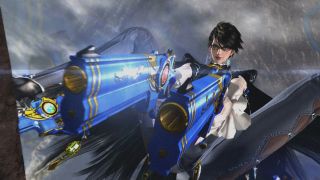
Even if the worst happens and the Wii U ends up becoming a first-party-only console, just think about how good it is as a first-party-only console rather than comparing it directly to formats that operate in other ways. Different consoles succeed and fail at different things in different ways, to wildly different degrees. Whatever happens, the cash sitting around in Kyoto as a result of the Wii and DS means that the Wii U is hardly likely to put Nintendo out of the game. And as long as that doesn’t happen, all you need to worry about is what the machine provides on its own terms.
You know that kid at parties who talks too much? Drink in hand, way too enthusiastic, ponderously well-educated in topics no one in their right mind should know about? Loud? Well, that kid’s occasionally us. GR Editorials is a semi-regular feature where we share our informed insights on the news at hand. Sharp, funny, and finger-on-the-pulse, it’s the information you need to know even when you don’t know you need it.
